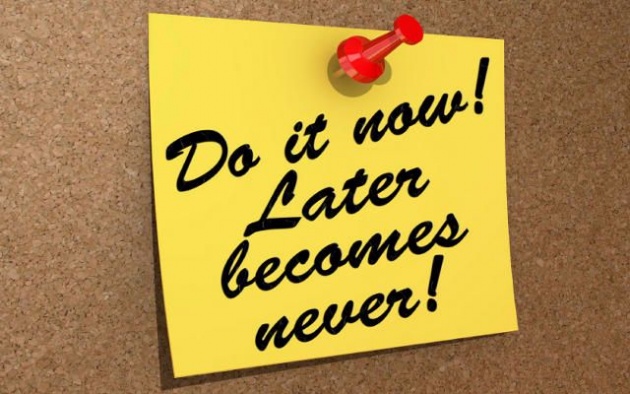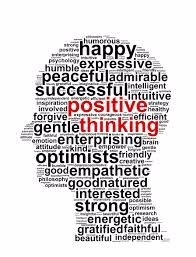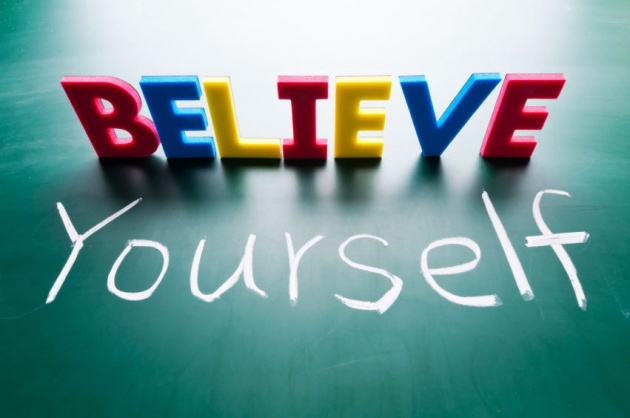Hello dear friends, how are you doing? I hope all is fine with you guys!
I decided to write another blog and talk about self-esteem because this is something that can be a major problem to many people everywhere in the world. So, I do really hope you enjoy the blog, with many information about this theme. This is just Part I and Part II will follow it, so stay tuned to know even more on the subject.
Introduction
Can you remember the last time you had an emotional imbalance, where the beliefs in yourself and your abilities slipped away? How can we keep the beliefs that we have in us in order to live less anxious and more joyful? Imagine the things that we could accomplish if we had the belief that we were able to propose ourselves to do anything (within the limits of the acceptable) to achieve our dreams and goals, especially if we were able to maintain a level of self-esteem that was not shaken under any circumstances. What would you do?
Self-esteem arises from the positive self-image we have of ourselves, it is something that we pro-actively build. Self-esteem is not built on passivity, nor even when we think it comes from external events, self-esteem develops in the real world. The thing is that we need a solid construction, and this is only possible from within.
 Source: Shiny Quotes
Source: Shiny Quotes
During our daily routines, the mind specializes in seeking out all sorts of things or situations we have done wrong, and make sure we are aware of it. With this counter-productive force and tendency that our mind has, we will greatly benefit from regularly working to build our own image. It is commonly accepted that the way we see ourselves directly affects everything we do. People with high self-esteem promote the ability to be happy, increase their well-being and consequently productivity in their lives.
The same old story for many of us
You've probably been through or going through a situation in your life where you feel overwhelmed, day by day things are building up (the ones you have to do and the sense of responsibility you have left undone), reaching a point at which you see yourself forced to slow down. You stop doing some of the usual tasks, postpone a delivery deadline, miss some appointments. A feeling of deception sets in, and it may even lead to feelings of guilt. Stress is felt and discouragement increases. However, you get up in the morning with the intention of doing what you left undone the day before, but facing the harsh reality that you failed to meet the expectations.
 Source: Student Blogs
Source: Student Blogs
You begin to fall into a vicious cycle of accumulation of work, having the perception that you need to push your commitments and obligations. The feeling of incapacity, tightness and despair will increase, harming and diminishing your self-esteem. As a consequence of a feeling of alarm that was triggered in your ego, the impulse is great for building justifications and excuses about the installed problem. However, for those who have a sense of failure, a sense of guilt and disability, other feelings are settling in, growing and undermining self-confidence. The probability of falling into the cycle of procrastination is huge, and this addiction is a great fuel to burn your self-esteem. You have created a mental state conducive to self-criticism, negative self-evaluations, and disbelief in your capacities, abilities, and aptitudes. You created a self-deprecating mental state, which is a mixture of whining, disbelief and negative self-image.
Other stories could be used as examples and also be studied here, stories of trauma, abuse, precariousness of life, humiliation, psychological stress, depression, acute anxiety problems. The cases and situations will certainly be very diverse depending on the person. However, regardless of the circumstances, the processes triggered and the disabilities generated are very similar.
This video is complementary to what this (and part II) blog talks about. It is really interestingly put and I think the pillars he explores are very much true.
Contextualization
Let’s take a look carefully:
Self-esteem = how much we like ourselves;
How much we like ourselves = level of self-control.
What is the domain of your “self”? It is the ability we have to lead ourselves to actually do, what we want to do, in other words, it has to do with our self-confidence and self-discipline. A person who has a good control over himself/herself has self-integrity and the ability to remain loyal to his/her words and commitments. Each time we stop listening to our inner voice, and do not act according to something we need, we are likely to lose our confidence in ourselves and in our abilities. This lack of self-belief is increasing in a downward spiral as we want to make more commitments and goals.
 If you are confident, you can do everything that is possible to you! Source: VG
If you are confident, you can do everything that is possible to you! Source: VG
Descriptions of a low self-esteem:
1. You think excessively about yourself, and analyze why you are the way you are;
2. You are afraid of adversity, which causes you great anguish. You can be alienated in relation to and in opposition to your parents, tutors and authority figures in general;
3. You do not smile easily. You can have a negative and hopeless view of yourself, your family and society;
4. You feel very tired. You may be reluctant or unable to define and achieve your goals;
5. You stay with yourself. You'd rather be alone than meet new people and be with others;
6. You push people away. You have difficulty making and keeping friends;
7. You avoid looking into the eyes of others. You have difficulty with true trust, intimacy, and affection;
8. You refuse to take risks. You feel deprived and may have a tendency to cling to false independence;
9. You can create negative effects and situations. And in extreme cases, it can be antisocial and perhaps violent.
10. Things that others can’t observe include: you speak to yourself in a negative way, you do not tell the truth and/or keep your word, you do not forgive yourself or others. You may not have empathy, compassion, and remorse.
 Self-control. Source: BayanMall
Self-control. Source: BayanMall
Increasing self-esteem involves some behavioral changes. Behavior changes with practice and intention. Self-esteem is an achievement, a process that energizes and motivates you. It is not something that we have, but it develops through the experience of the things we do. Self-esteem is the experience of being able to face challenges and promote happiness.
How to work your self-esteem?
Most of us are familiar with the concept of impulse and/or dynamics. When we do something well, no matter how small the task is, we will build positive energy and the necessary impulse, which will tend to feed and energize other tasks on our list. For example, if you have just washed all the dishes, mowed the lawn in front of your home, and helped your children do their homework, it will be easier for you, psychologically, to move quickly to another situation or subject and complete the following task. You will have built the impulse needed to finish things. This is because you are excited by energy, which you use in the next task, driven by the success generated in performing the previous task. On the other hand, when we postpone what we want to do or know what we should do, we lose our strength, and the most serious of all is that we lose confidence in ourselves.

Think positive. Source: Olives'n'Wine
One way to better understand these issues can be through mental exercise. Imagine that you had a personal assistant in your life and that you are asking him/her to perform some specific tasks. As he/she executes them in a correct and proper manner, the more security you will have in him/her, the more confident you will be in his/her abilities and readiness. Gradually, you assign more important tasks as trust is strengthened. You develop a deep sense of trust in this person and his/her responsibility to the assigned tasks. You trust him/her.
Conversely, if your personal assistant deferred what you asked him/her to do, cause some injury or disadvantages to yourself, you would surely lose faith in his/her ability to move on. You would not trust him/her. Consequently, you would fail to assign some of the tasks you considered important, and would probably think about his dismissal.
Now, think of yourself as your own assistant. The more you support yourself through actions, the more security and trust you will establish in yourself. You will then gain more confidence in your ability to take on and perform more tasks. The small victories of ourselves directly affect how much we like ourselves. Each time we succeed in realizing, accomplishing and moving on, this experience becomes a solid block of self-confidence, promoting the building of a more positive image of us.
 Source: Your Success Blog
Source: Your Success Blog
Did you like it so far? Well, not to make this blog so long, I divided it into two parts. The next part I will bring some tips on how to improve your self-esteem and how to do it!
Stay tuned!



